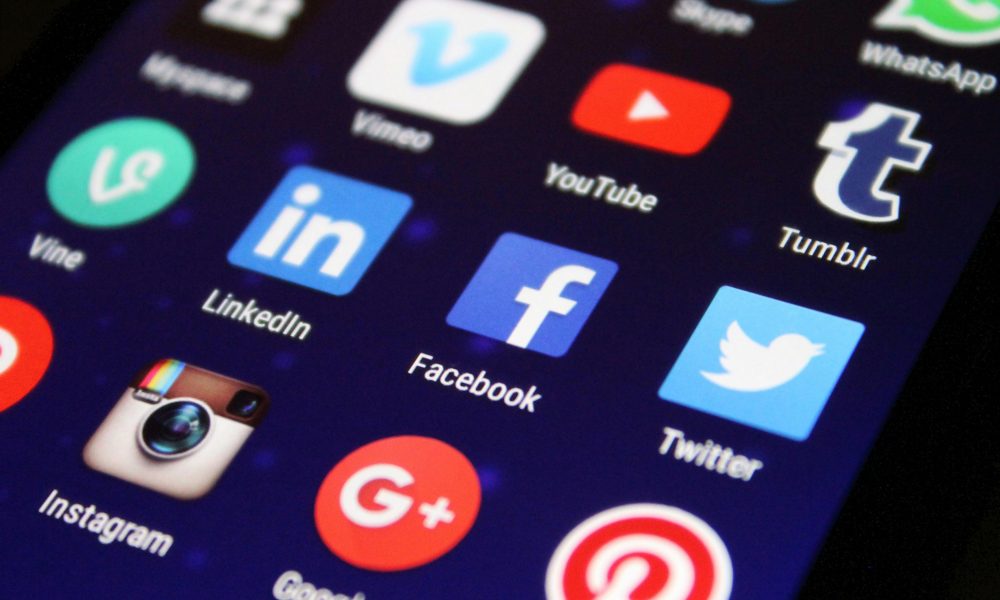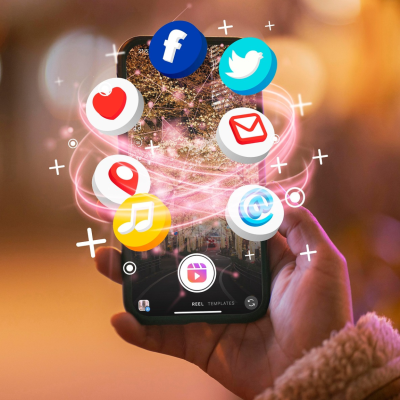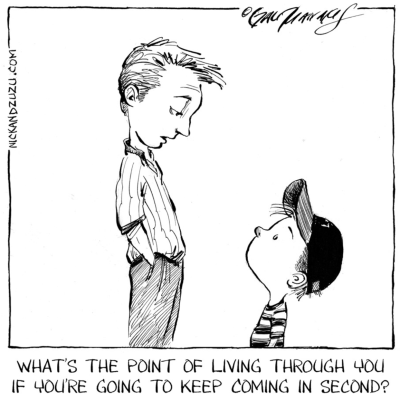Media literacy is necessary in this digital age
In this digital age that we live in, we are constantly engaging with media, making it a powerful influence on our actions and thinking. Teens in particular as always being exposed to different media sources but how do we know teens can understand what’s being presented?
Media Literacy Now is a non-profit media advocacy company that advocates for change within the education system so that every student gets the opportunity to learn media literacy skills. A recent success that reflects their work is Media Literacy Now working with science educators to teach students how to find trustworthy scientific information. Erin McNeill is the CEO and founder of Media Literacy Now, and shared that when it comes to media literacy there is “a misconception that it’s limited to this sort of information, you know, is it true or false?” However, media literacy is not only being able to identify trustworthy information, but it also encompasses thinking critically and recognizing possible bias. Media literacy is being able to differentiate between credible and non-credible sources, looking at all sides of a story, understanding how you can play a part in spreading true information, and thinking critically by taking into consideration bias and the history of a conflict or story.
The Wall Street Journal noted that “Roughly eight in ten Gen Z teens (78%) get news or current events daily from at least one source, compared with 69% of Gen Z adults and 84% of consumers across all generations.” Gen Z’s engagement with news shows teens are concerned about social issues such as climate change, unemployment, and healthcare. This shows the importance of media literacy because it provides teens with the tools they need to navigate the media that they encounter, so they can remain safe, and well-informed and support causes they care about.
When I asked McNeil about the potential harms of the media, she noted, “we know about cyberbullying. You know, a lot of kids are hurt that way. There’s also sexual predators.” Although the internet is a useful tool used daily in our lives, the internet can be a hazardous place filled with dangers such as cyber-bullying, invasion of privacy, identity theft, and much more. Other potential harms of the media include false information about important topics such as vaccines and COVID which can be life-threatening.
Knowing how to apply media literacy skills in your daily life is vital to benefit from internet use and prevent getting harmed online. Critical thinking and awareness of bias are a few ways people can apply media literacy in their daily lives. Critical thinking is the ability to analyze information and make an informed decision and judgment which requires evaluating sources to determine the reliability of a source.
McNeill advised teens to ask themselves, “who created this and why and what do they, what do they want me to think or believe?” Asking questions helps you be aware of the bias present in any piece of media. Moreover, considering bias leads to people looking at all sides of a story to prevent a false narrative and the creation of stereotypes.
McNeil also strongly suggests “to be aware that there is always a bias, even for something that seems completely neutral. For example, like your science textbook, there’s bias there.” McNeil emphasized that bias is everywhere and that bias allows you to deeply analyze sources. You would be more likely to contemplate what part of the story is being thrown at you and what side of the story you are missing. Furthermore, deep analysis empowers you to be an informed observer who knows the full story and not just a source’s retelling of a story.
A key facet of media literacy is preventing the spreading of misinformation. One technique McNeil recommended to verify legitimate sources is lateral reading. Lateral reading allows people to differentiate between credible and noncredible sources, so people can stay safe from misinformation.
People can gain a better understanding of a situation by implementing daily media literacy skills such as lateral reading, asking questions, and always being aware of bias. Media literacy is a valuable skill to learn so people can navigate the tons of information thrown at them every day.









